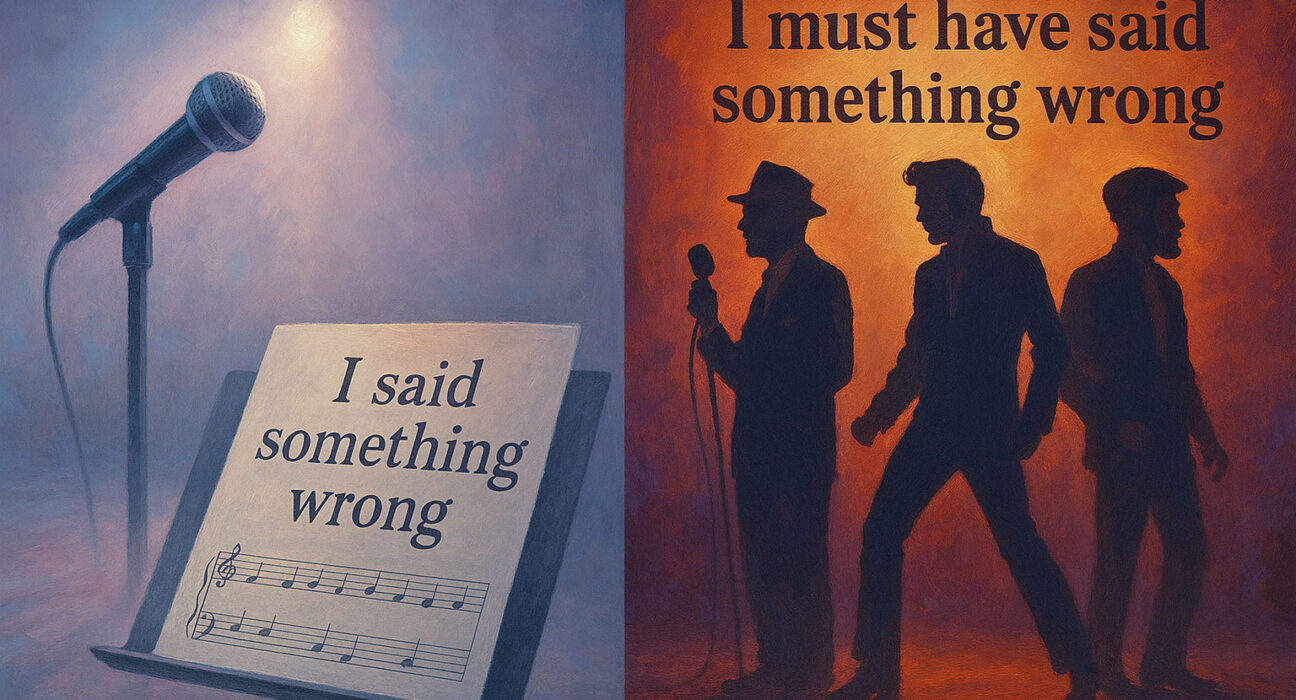In this episode of The Psych Files, I explore the fascinating intersection between music, psychology, and gender roles through subtle lyric changes in Paul McCartney’s timeless song, “Yesterday.” I focus specifically on why iconic male singers like Frank Sinatra, Elvis Presley, and Marvin Gaye altered the lyric from “I said something wrong” to “I must have said something wrong.” I suggest that this small but meaningful change reflects a deeper cultural discomfort with male vulnerability, connecting it to the psychological concept of “precarious manhood”—the idea that men often feel compelled to protect their masculinity by appearing strong and infallible.
Drawing upon psychological research, including Joseph Vandello’s influential studies, I highlight how seemingly minor cultural signals, such as these lyric adjustments, reinforce restrictive gender norms. While admitting mistakes or expressing vulnerability might seem risky for men, psychological evidence shows these behaviors can actually strengthen relationships and emotional well-being. Ultimately, I encourage listeners to challenge traditional ideas about masculinity, embracing authenticity and emotional openness as true indicators of strength.
Here’s McCartney singing “Yesterday” at about the moment when he sings the lyric, “I said something wrong”:
The version where Sinatra and Presley sang, “I must have done something wrong” is very hard to find, but you’ll hear it discussed starting at about the 30-minute mark in this interview with McCartney from McCartney: A Life in Lyrics podcast.
Sources:
- Episode 87: Manhood: Are You A “Real Man”?
- The Chore of Getting Men to Do Housework
- Vandello, J. A., Bosson, J. K., Cohen, D., Burnaford, R. M., & Weaver, J. R. (2008). Precarious manhood. Journal of Personality and Social Psychology, 95(6), 1325–1339.
- Levant, R. F., & Richmond, K. (2016). The gender role strain paradigm and masculinity ideologies. In Y. J. Wong & S. R. Wester (Eds.), APA handbook of men and masculinities (pp. 23–49). American Psychological Association.
- Vogel, D. L., Heimerdinger-Edwards, S. R., Hammer, J. H., & Hubbard, A. (2011). “Boys don’t cry”: Examination of the links between endorsement of masculine norms, self-stigma, and help-seeking attitudes for men from diverse backgrounds. Journal of Counseling Psychology, 58(3), 368–382.




